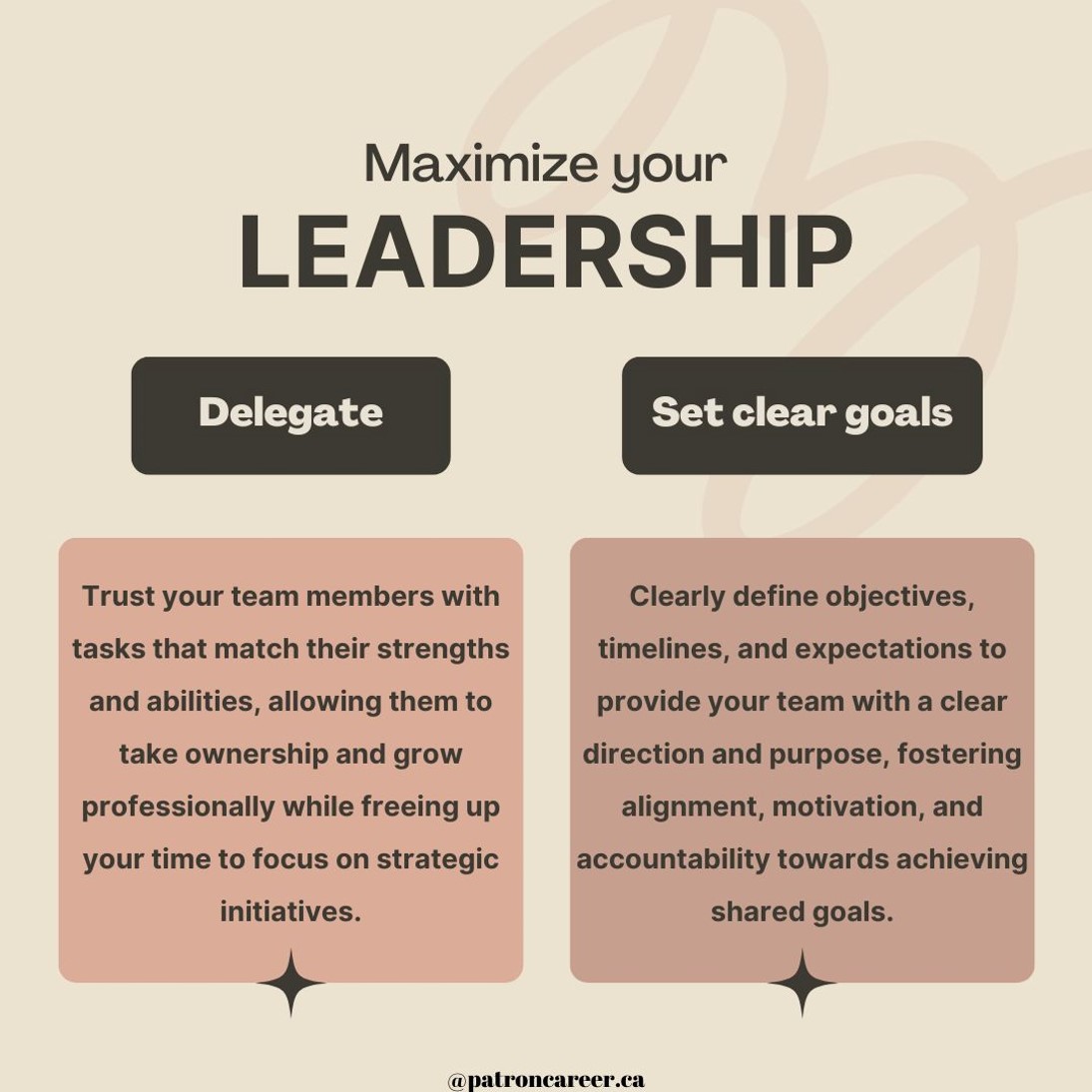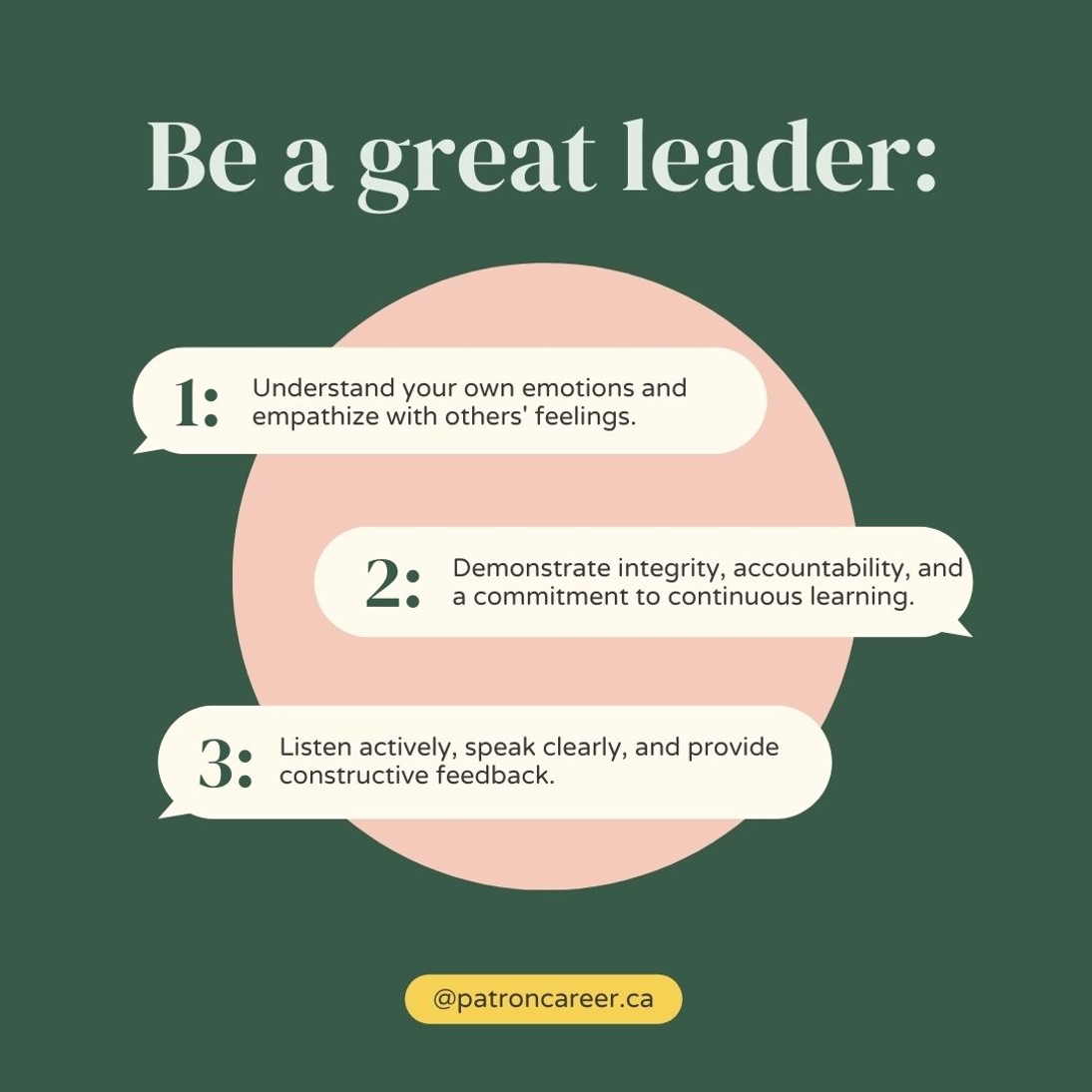
Workplace Healthy Wellness
9 February, 2024
Patron Career Staffing firmly believes in adopting a tailored approach to meet temporary and permanent recruitment needs. We safeguard the interest of our clients by finding such workers who are knowledgeable and reliable.
About UsNeed help? Make a Call
32 Dundas Street East Unit A, L5A1W2

Businesses envisioning long-term success in today’s dynamic corporate world no longer dwell on brand image and company culture alone. They’re taking revolutionary steps to ameliorate leadership for HR, managerial and executive roles. Particularly the Human Resources (HR) arena deals directly with leadership aspects of employee engagement, wellness, hiring, retention, training and overall company culture. Ensuring that leadership is done right in this regard is of paramount importance.
PCS brings to you a new informative blog giving you insights on the important leadership principles in HR, that have a high stake in organizational growth. Read on more to understand the importance that leadership holds in HR, explore its benefits and unveil 5 essential leadership principles that managers and executives can adopt to excel in their roles.
Significance of leadership in HR
First things first, to upgrade your leadership tactics, you need to be cognizant of why sound leadership is crucial to enhance your effectiveness as an HR professional, manager or executive. Leadership is about more than just a mundane administrative routine. It encapsulates:
1. Guiding and empowering subordinates, employees
2. Motivating them to accomplish goals
3. Cultivating a healthy working culture
4. Building reliance, accountability and diligence in the workforce
5. Nurturing an open space of trust, collaboration, communication, innovation, and
6. Aligning organization objectives with employee aspirations.
5 leadership qualities every HR leader must have
HR experts must introspect and highlight the essential leadership traits to lead the team through example. Let’s get to it!
1. Empathy: empathy matters! Listening, comprehending, and empathizing with the feelings and needs of colleagues or employees.
2. Active communication: communication acts as a guiding beam for appreciating ideas, fostering interpersonal relations and open dialogue.
3. Adaptability: being rigorous and rigid about new ideas and circumstances is not ideal for HR experts averse to be responsive and flexible to changing situations.
4. Strategic thinking: Aligning HR initiatives with broader organizational goals, making tough and important decisions.
5. Integrity: A leader must always be honest with others because employees leave bad managers and not jobs.

Also read: 5 Recruitment Challenges Common to All Organizations and Remedies to Overcome Them
5 Major and Unique Leadership Principles for HR Leaders
1. Lead by Example
HR experts must show readiness to set the tone for the organization as a whole. Employees look up to them as pillars of professionalism and resilience. HR should not just instruct others on what to do, instead, they should act in a manner they expect. Leading by example simply means planting the footsteps for the teams to follow. HR leaders should strive to demonstrate integrity, patience, and accountability through their deeds to inspire the teams to project similar standards in the work arena.
2. Encourage Continuous Learning and Development An organization that’s inconsistent with training initiatives is stepping up for failure. Continuous learning is essential because it drives engagement in the workplace and aids in promoting workplace wellness. HR leaders can get high ROI from facilitating employee training programs, workshops, mentoring sessions, seminars, off-the-job training and career advancement opportunities. A good HR leader provides the tools and freedom to his team for desired output.
Explore: Career Planning and Tips Guide
3. Prioritize Employee Well-being
A sure-shot method to achieving workplace wellness is investing in employee happiness and welfare. Productivity rises by almost 13% when workers are happy. Effective leadership entails fulfilling the 5 important employee needs- psychological needs, safety needs, belongingness needs, self-esteem needs and self-fulfilment needs. By encouraging corporate wellness and making it a topmost priority the organisation can benefit from high performance, engagement, creativity, team morale and a positive culture. Strategies include organizing mental health support programs, and Employee Assistance Programs (EAP), offering flexible working hours, fostering proactive communication of needs and wants and by promoting self-care practices.

4. Embrace Diversity and Inclusion
Taking a step in the positive direction requires HR leaders to embrace differences and heterogeneity in the workplace. Strong leaders support diversity in the workplace and foster a sense of value through inclusion. They understand that employees leave jobs due to ordeals and differences with senior managers. Therefore, it becomes vital to educate and disciple your managerial teams through diversity training. Experienced HR leaders also aim at an unbiased recruitment process and harmonize the workplace.
5. Promote Transparent Communication
Words matter. Even for the most experienced HR experts, it becomes an ordeal to properly effect communication lines. Communicating must be clear, and understandable because it can often lead to misconceptions, confusion and conflicts. HR leaders not only focus on what they instruct but also listen to understand others' points of view to make them feel included. Balancing talking and listening is what builds trust and strengthens the work engagement of the employees.
Lastly
No matter the circumstances, good HR leaders portray top-notch traits to excel at their role as managers and executives. By embracing the tips shared above, HR can transform company culture and lay the foundation for long-term company success.
